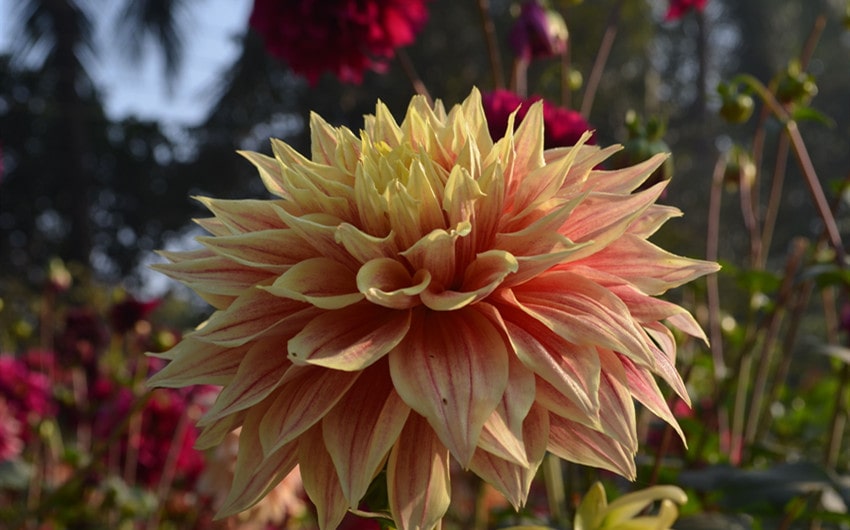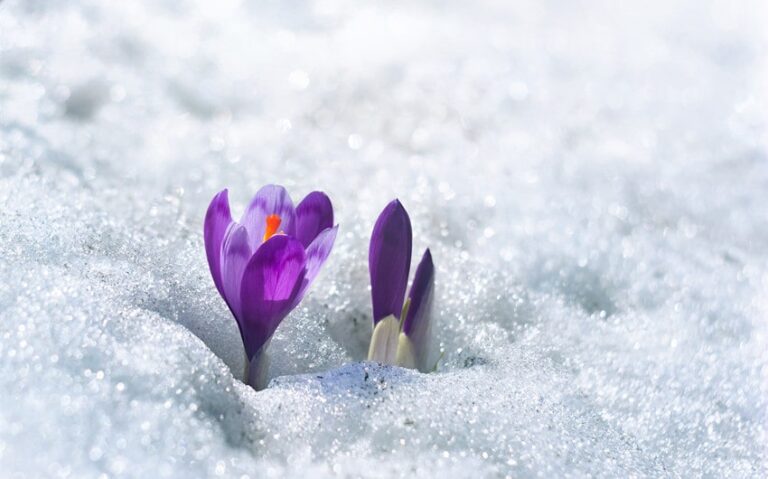Japanese Names That Mean Flower and the Grace They Bring to Life
Flowers have always spoken the language of beauty, change, and emotion. When you explore Japanese names that mean flower, you discover more than just pretty meanings — you uncover names that carry the soul of nature, the rhythm of seasons, and the grace that blooms quietly in everyday life.
The Symbolism of Flowers in Japanese Culture
In Japan, flowers are more than decoration; they are symbols woven deeply into art, literature, and tradition. Each flower represents an emotion or a season — cherry blossoms for transience, chrysanthemums for longevity, camellias for devotion. Together, they form a visual language known as Hanakotoba — the language of flowers.
Through Hanakotoba, every flower carries a feeling. A single bloom can express joy, love, or resilience without saying a word. When a name carries the meaning of “flower,” it connects you to that poetic tradition — one where beauty is never static, but always alive, changing, and full of meaning.
Why Flower Names Are So Meaningful
A name that means flower isn’t just beautiful to say; it reflects how life grows through both calm and challenge. Flowers bloom after long winters, bend with the wind, and still reach for light. They symbolize balance — strength within softness, and peace within growth.
Choosing a name with floral meaning can also be a quiet reminder of renewal. Every time you hear it, you’re reminded that beauty doesn’t have to be loud. It can be gentle, persistent, and rooted in patience. A name like that doesn’t just sound lovely — it carries wisdom in its simplicity.
Japanese Flower-Inspired Names and Their Meanings
Japanese names often draw directly from flowers or from words that describe their qualities. The meaning changes depending on the kanji used, giving each name layers of depth. Here are some beautiful examples of Japanese names that mean flower or are inspired by flowers and their symbolism:
- Hana (花) – Means “flower.” Simple, elegant, and timeless, it’s one of the most beloved names in Japan. It represents natural beauty and purity.
- Hanako (花子) – Means “flower child.” A classic name that conveys innocence, joy, and connection to nature.
- Hanami (花見) – Means “flower viewing,” referring to the cherished tradition of admiring cherry blossoms in spring. It symbolizes appreciation for fleeting beauty.
- Sumire (菫) – Means “violet.” This name carries the meaning of modesty and sincerity — small but full of quiet grace.
- Sakura (桜) – Means “cherry blossom.” Perhaps the most famous flower in Japan, representing renewal and the beauty of impermanence.
- Ayame (菖蒲) – Means “iris.” Associated with courage and elegance, the iris blooms in early summer and is tied to strength and protection.
- Ren (蓮) – Means “lotus.” The lotus rises from muddy water to bloom pure and bright, symbolizing enlightenment, resilience, and spiritual growth.
- Kaede (楓) – Means “maple.” Though not technically a flower, this name carries botanical beauty and symbolizes calm change and harmony.
- Botan (牡丹) – Means “peony.” Represents honor, prosperity, and bravery — a regal and powerful flower in Japanese art and culture.
- Nanami (七海 / 菜美) – Depending on the kanji, can mean “seven seas” or “beautiful greens/flowers.” It reflects balance, nature, and harmony.
- Hinata (日向 / 向日葵) – Can mean “sunny place” or “sunflower.” It radiates joy and optimism, a name filled with warmth and light.
- Tsubaki (椿) – Means “camellia.” Symbolizes love, humility, and faithfulness, often used to represent strong yet gentle beauty.
- Kikyo (桔梗) – Means “bellflower.” Represents honesty and eternal love — a quiet but enduring beauty.
- Ran (蘭) – Means “orchid.” Symbolizes refinement, purity, and elegance. A name that carries sophistication and calm strength.
- Ume (梅) – Means “plum blossom.” Known for blooming in winter, it represents resilience, hope, and the courage to begin again.
- Momoka (桃花) – Means “peach blossom.” Soft and sweet, it represents youth, vitality, and love.
- Shion (紫苑) – Means “aster flower.” Symbolizes remembrance, loyalty, and affection that endures with time.
- Kanon (花音) – Means “flower sound” or “fragrance of flowers.” Evokes a sense of harmony, art, and natural beauty.
- Hotaru (蛍) – Means “firefly.” While not a flower, it’s often paired with floral imagery in poetry, representing fleeting light and gentle grace.
- Karin (花凛 / 果林) – Can mean “pure flower” or “forest of fruit.” It suggests liveliness and charm.
Each of these names reflects the balance found in nature — the way life and beauty grow from both fragility and strength. In Japanese, the kanji for “flower” (花) often appears in combination with other characters, creating names that pair beauty with virtues like love, truth, or light.
Flowers as a Reflection of Life
Flowers are teachers in disguise. They remind you that growth takes time, and that beauty doesn’t have to last forever to matter. In Japanese tradition, this idea is known as mono no aware — the awareness of life’s impermanence and the quiet appreciation of each fleeting moment.
When you carry a flower-inspired name, you carry that philosophy with you. It’s a daily reminder to slow down, to notice what’s blooming around you, and to understand that even the smallest things can hold deep meaning. The beauty of a flower isn’t just in its petals — it’s in the way it teaches you to live more gently, more presently, and more gratefully.
Choosing a Japanese Name That Means Flower
If you’re drawn to names inspired by flowers, take time to reflect on which meanings resonate most. Do you connect with the strength of the lotus, the joy of the sunflower, or the grace of the cherry blossom? Each flower tells a different story — and choosing a name becomes a way to tell your own.
- Consider which values or emotions you want the name to express — joy, resilience, gentleness, or courage.
- Think about the season that feels most like you. Spring symbolizes renewal; autumn brings reflection; winter holds quiet endurance.
- Look for balance between sound and meaning. In Japanese, the flow of the syllables matters as much as the kanji.
- Explore Hanakotoba if you want the name to carry symbolic weight from Japanese flower meanings.
- Trust your intuition. The right name will feel calm and familiar — like something that’s been waiting for you all along.
When you find the right flower-inspired name, it becomes more than a word. It becomes a story — one that grows with you, season by season, blooming again in new ways as you change and learn.
The Beauty of Blossoming
Flowers don’t rush their blooming. They open when the time is right, and that patience is part of their beauty. Names that mean flower remind you to live that way — to grow at your own pace, to rest when needed, and to bloom fully when you’re ready.
In many ways, life is a garden of cycles. Some seasons bring color; others bring quiet. But through it all, there’s beauty in the process. A flower doesn’t question its worth — it simply grows toward the light. Carrying a name that means flower is like carrying that truth: you are enough, and you are always in bloom, even when the world feels cold.
Final Thought
Japanese names that mean flower are more than pretty choices — they are reflections of grace, patience, and growth. Each one reminds you to honor life’s delicate balance between strength and softness. Like the flowers they’re named after, they invite you to bloom where you are, to stand tall in your own season, and to remember that beauty, at its truest, is found in simply being alive.





